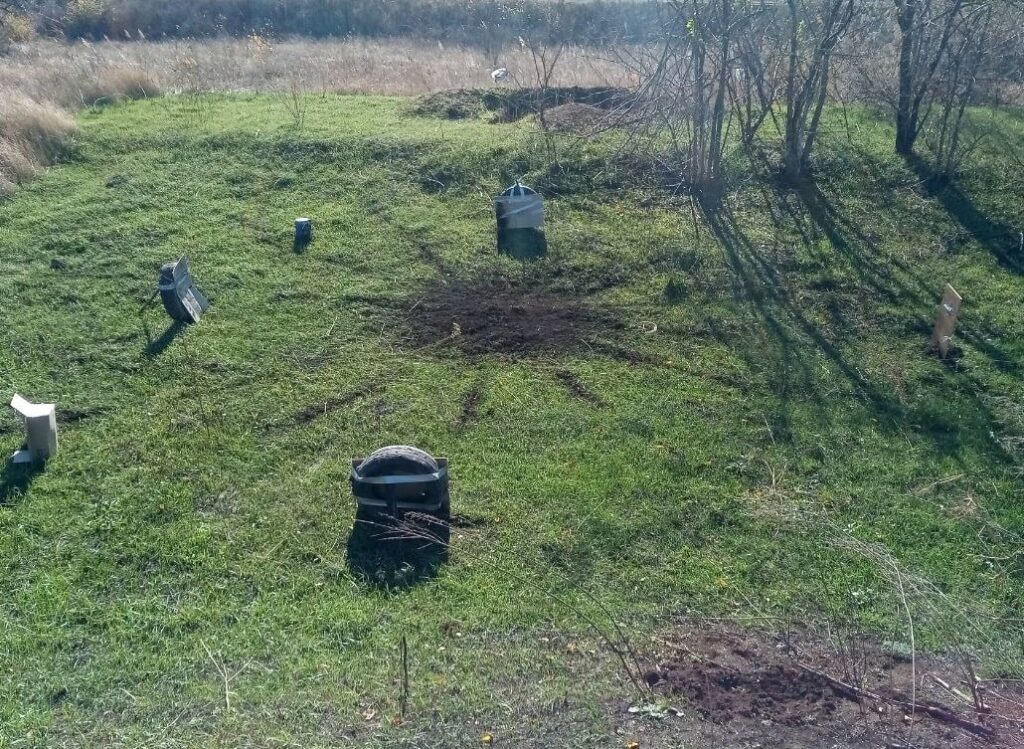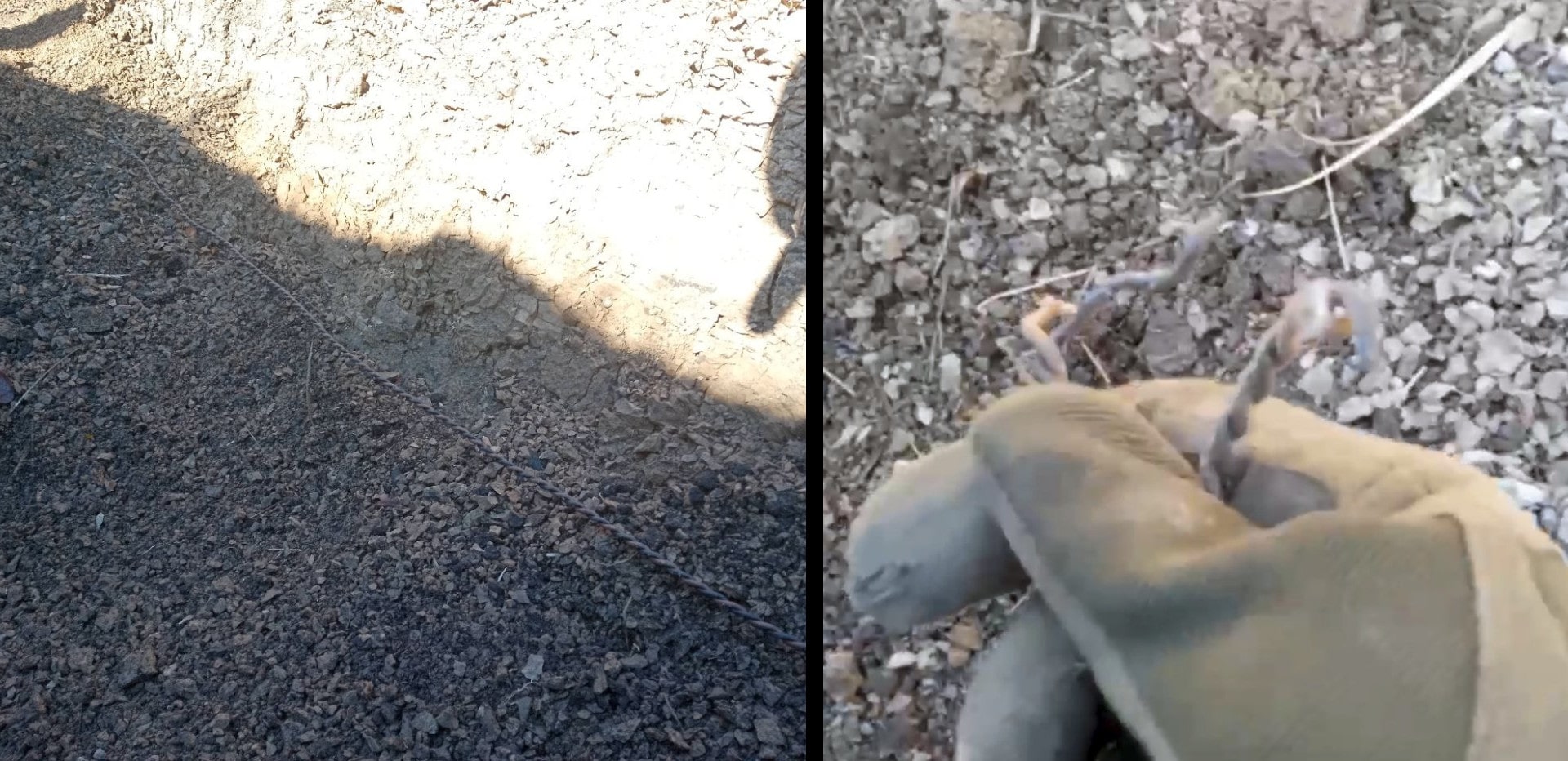The Bavarian defence start-up Donaustahl GmbH delivered humanitarian goods to Ukraine just four days after the start of the full-scale invasion and has been involved in the defence of Ukraine against the Russian armed forces for more than half a year now.
After equipping the Ukrainian National Police with ODIN 2 pistol kits — a pistol carabiner platform, supplying field deployment kits for Starlink terminals to the Ukrainian army, providing Ukrainian combat medics with ampoule holders, and also testing 3D-printable surveillance UAVs for the AFU, the company is now stepping up its game once again.
Yesterday, Donaustahl published a series of photos of another development that is currently being tested on the front line. The so-called “Trench Cleaner”.
This is a UAV-assisted system for the cost-effective removal of booby traps in trenches. An important system, as the Russian army regularly rigged its trenches with booby traps to maximise damage to the AFU.
Two of the four published photos show a Russian trench captured by the Ukrainian army somewhere on the front line. On the ground is a barely visible steel cable connecting several explosive devices — so-called IEDs.
The drone, which was most likely carrying several so-called “Trench Cleaner Grenades”, dropped one of them into the trench. The steel cable connecting the IEDs was cut by the pinpoint explosion.
While the forces of a normal grenade explosion (without obstacles in the way) work relatively evenly in all directions, this does not seem to be the case with the “Trench Cleaner Grenade”.
Further published photos of a test somewhere in the Kherson region show that the explosion spreads out in a star shape and thus concentrates the force of the explosion on certain areas.

The concentrated explosion appears to cut relatively deep paths into the ground, therefore cutting through wires and cables regardless of whether they are lying uncovered or hidden.
The “Trench Cleaner”, made of steel, carbon and nylon, has a 360 degree effective range of 2.5 metres in diameter and can cut wires and cables at a height of up to 60 cm.
While Donaustahl invented this product in Germany, the assembly of the grenades and the handling of explosives and fuses are exclusively done in Ukraine, not in Germany.
Unfortunately, the “Trench Cleaner” is still under development, so I can’t publish all the information yet, but I hope that this will change soon.
In any case, this system is an interesting development that may well have a certain influence on the front line — depending on the number of systems which can be delivered and the effectiveness of the system in general. I am very curious to see what the future holds.
If you liked this post, consider following me on X, Bluesky, or Telegram. If you like, you can also leave me a tip on Ko-fi.


